Chockkalingam (Chock) Karuppaiah
Founder and Chairman, Vetri Labs, U.S.
Chief Technology Officer, Ohmium, U.S.
Date: July 14, 2021
Time: 1300h ET
Sponsor: Gamry Instruments & Hiden Analytical
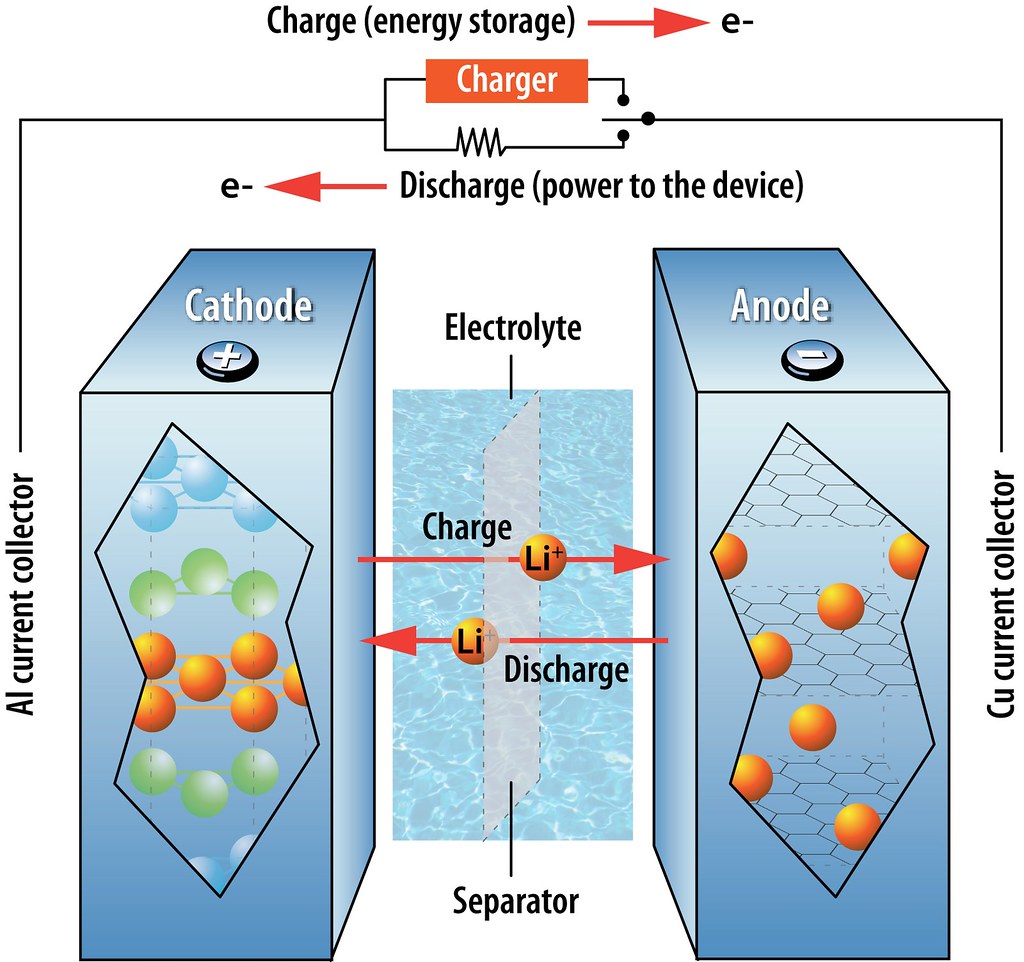
Be it improving energy density or cycle life or reducing cost, understanding the failure modes of batteries in a non-destructive mode is critical during the design, product development, and manufacturing of lithium ion batteries. Electrochemical impedance spectroscopy (EIS) provides the ability to access and decouple the failure modes based on the processes’ time scale. Analysis of recorded EIS can be done either through phenomenological modelling or equivalent circuit modelling, with each having its own pros and cons.
This webinar reviews the basics of applying EIS for understanding the phenomena in lithium ion batteries, the experimental details and protocols, and the types of models with a few case studies. (more…)
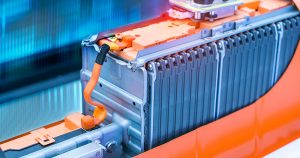 Mark J. Willey
Mark J. Willey


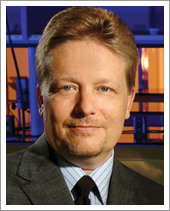
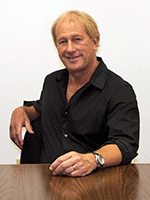

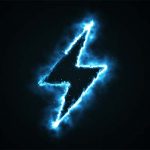
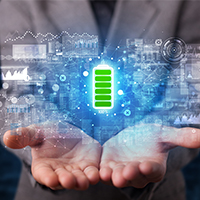
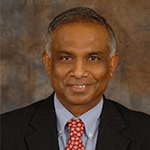 On June 17, 2020,
On June 17, 2020,